There is no such thing as history.
Facts happen. The First World War happened.
But who started it, and why - this is the story we tell ourselves later. It’s an opinion, it doesn’t exist outside the mind of the person writing that history.
As we talked about last week … the things people do and why they do them … none of us really know. We just think we do.
When I was a kid, John Wayne was a hero and shooting Native American Indians off a horse was considered patriotic.
Within a generation we were cheering for Kicking Bird in Dances with Wolves when he kills the cavalrymen who have kidnapped John Dunbar.
Traditionally, when we tell ourselves history we like there to be good guys, bad guys and an act of infamy. We like a story. It’s why CNN has such a hard time reporting Syria at the moment. Who’s the good guy there? It’s like Alien v Predator.
But this is also why historical novelists love history.
There’s blood and sex and so much fiction to play with.
My latest novel is about Queen Isabella, wife of Edward II. Not heard of her?
She was the last person to invade England, (well okay, William of Orange as well) surmounting the best efforts of the Spanish in 1588 and Hitler in 1941.
She did it back in 1326, with just five hundred hired mercenaries.
But if her name’s not familiar to you, don’t worry, I went to school in England and they never mentioned her to me either.
I think it was because she was, you know, a woman.
In some histories she is often referred to as the She-Wolf.
If she was a man taking on England with just five hundred men and a bad attitude she would have been Isabella the Conqueror.
Isabella the Lionheart.
But because she was a woman it was Isabella the She-Wolf. She invaded us!
That bitch.
She did it while still, technically, the Queen of England. Up to this point she had endured endless provocations from her husband and his favorite minister but she was supposed to shut up and stay out of the way.
It is what most women of her time would have done. A female was no more than a chattel; a wife, even a queenly one, was a breeding machine. Even most English queens knew their place.
Not Isabella. She was shrewd, she was popular, she was tough. She was chillingly ruthless. Much like her father King Phillip - the Handsome.*
(*My italics - it seems history can obscure a great deal if you’re a man - and you’re straight.)
Those historians who take Isabella’s side paint Edward as a cruel and despotic monarch.
They view her as a tragic figure, a bewitched princess trapped in a loveless marriage to a negligent husband, a passionate and intelligent women driven to extreme measures by her situation.
Was Edward really cruel and despotic? He was clearly incompetent. But not all kings are born to rule; and incompetence and villainy are not the same thing.
He has been described as one of the most unsuccessful monarchs ever to rule England - not without some justification. Despite his strapping good looks he just wasn’t leadership material.
Some historians seem to have attributed his failings to his sexual preferences.
He is sometimes portrayed as foppish, even though his favorite hobbies were digging ditches and mending roofs. The greater likelihood is that Edward was cut, and that he was a good fighter.
His main problem seems to be that he wasn’t a good tactician - Bannockburn! - either on the battlefield or at court.
If he had been more astute he would have kept his relationship with Piers Gaveston discreet. Instead he goaded his barons with his excesses. Did he want their acceptance?
We can only guess at his motives.
Why did he later take Hugh Despenser as his prime minister when he knew the guy would steal anything that wasn’t nailed down and that he had a unique talent for antagonizing people?
It’s an intriguing story. Who is the hero of it? In the end it depends who is writing the story.
Only the facts are set in stone.
But the history? History moves, history changes. Think you know your history?
We’re still not even sure where we came from.
Watch the news; watch history change.
ISABELLA, Braveheart of France.
And also available as POD from COOLGUS publishing
I’D LOVE YOU TO SUBSCRIBE TO MY EMAIL LIST – IT’S DIFFERENT TO SUBSCRIBING TO THE BLOG, YOU’LL GET THE CHANCE TO GET FREE BOOKS AND OFFERS.
YOU WILL NOT GET SPAMMED – JUST NEWS ABOUT MY BOOKS EVERY 3-4 WEEKS THAT I AM NOT PUTTING HERE ON MY BLOG.
JUST FILL IN YOUR EMAIL ADDRESS HERE






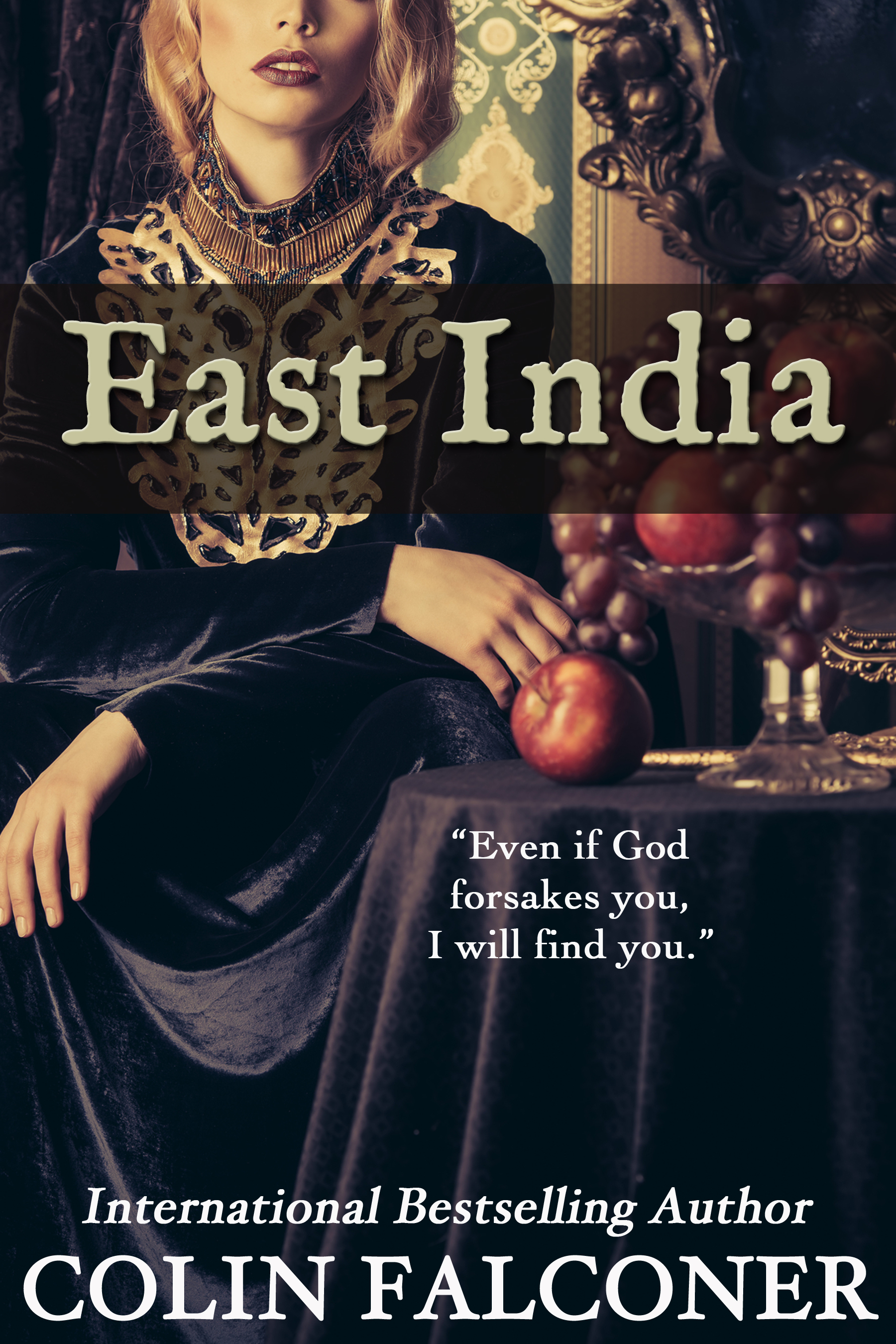
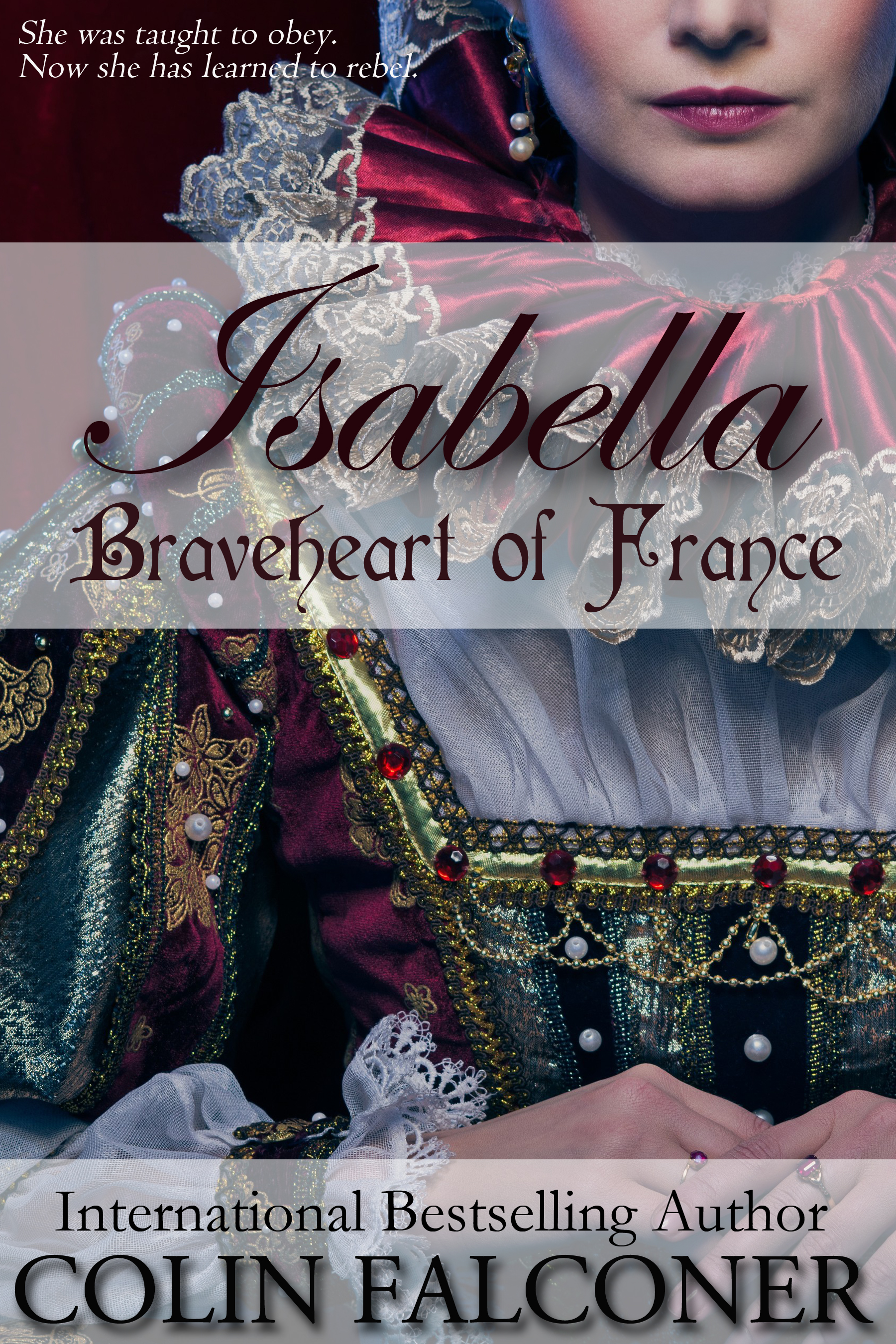
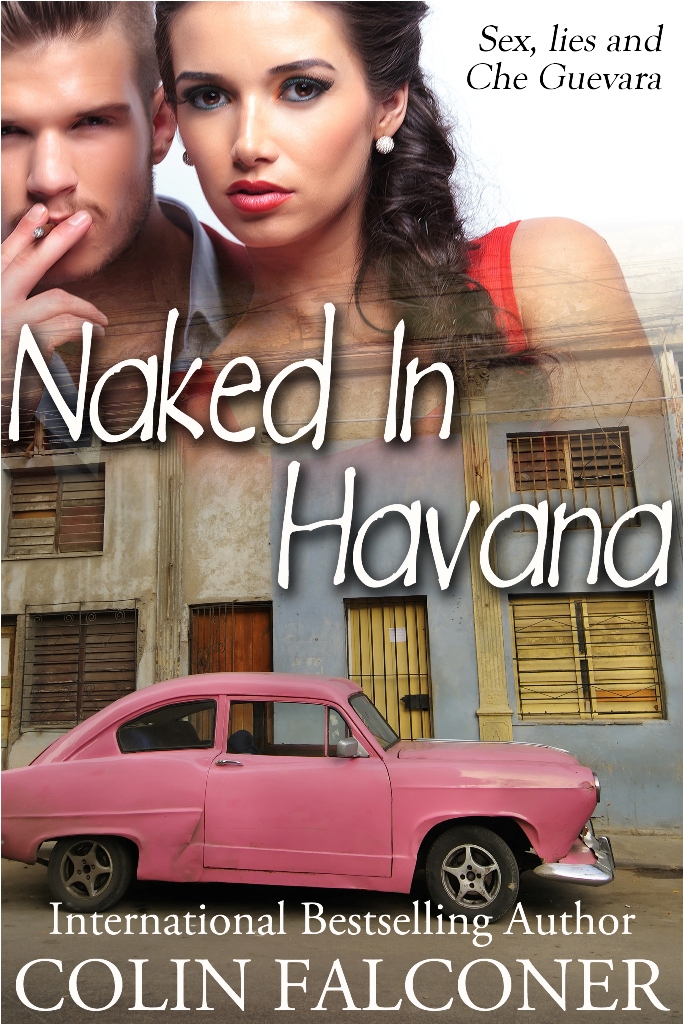
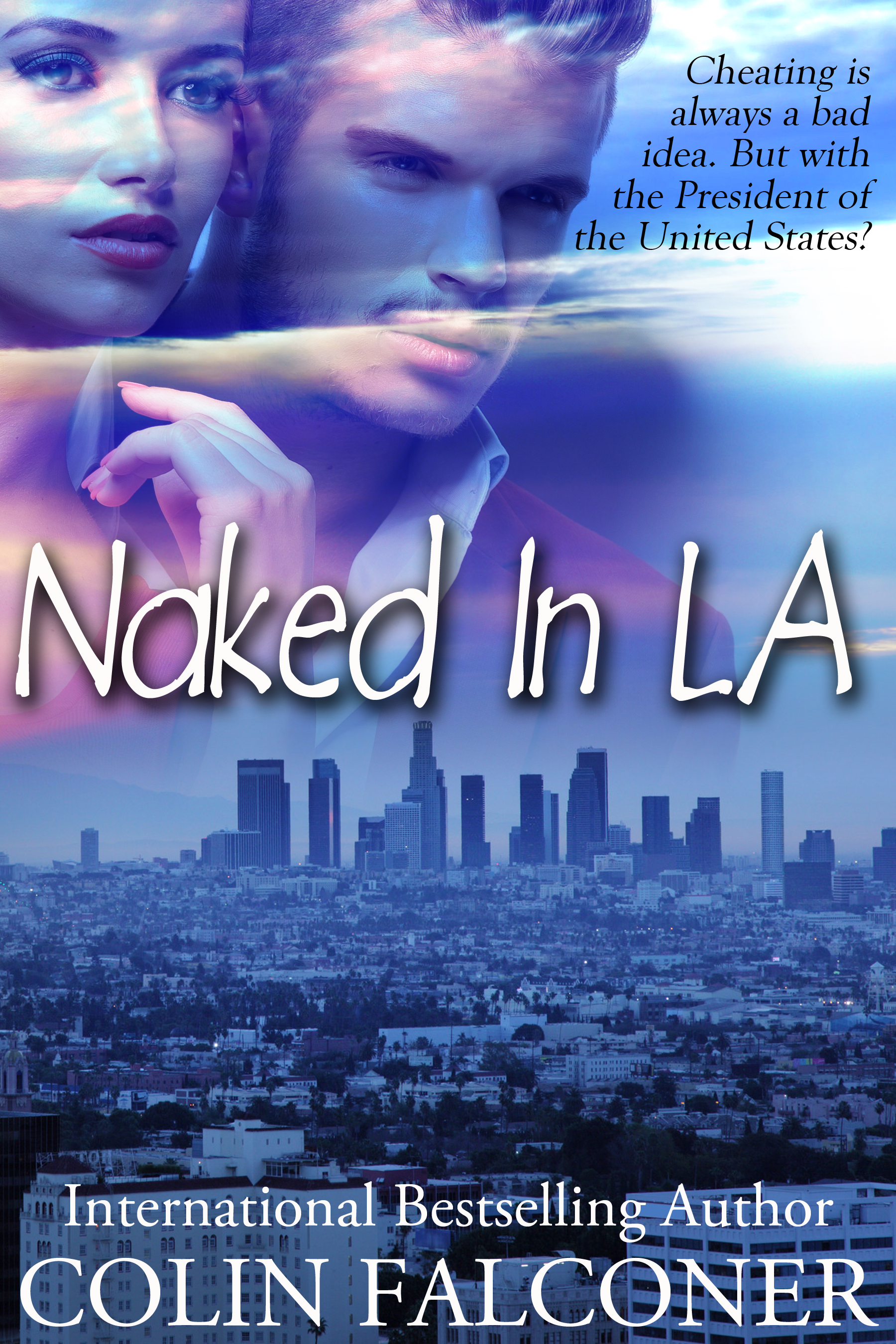
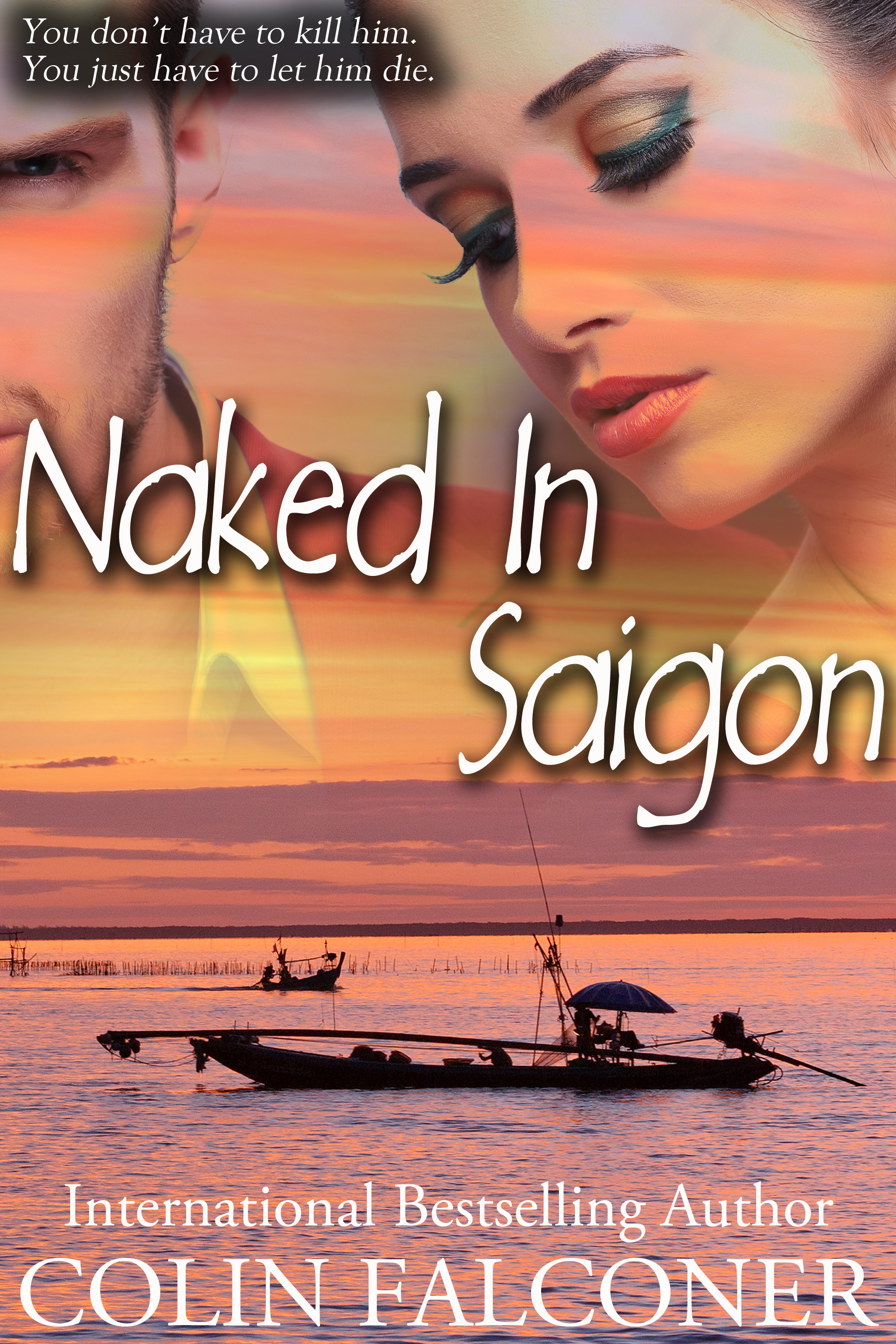
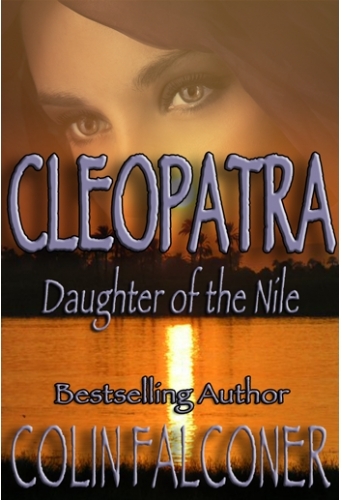
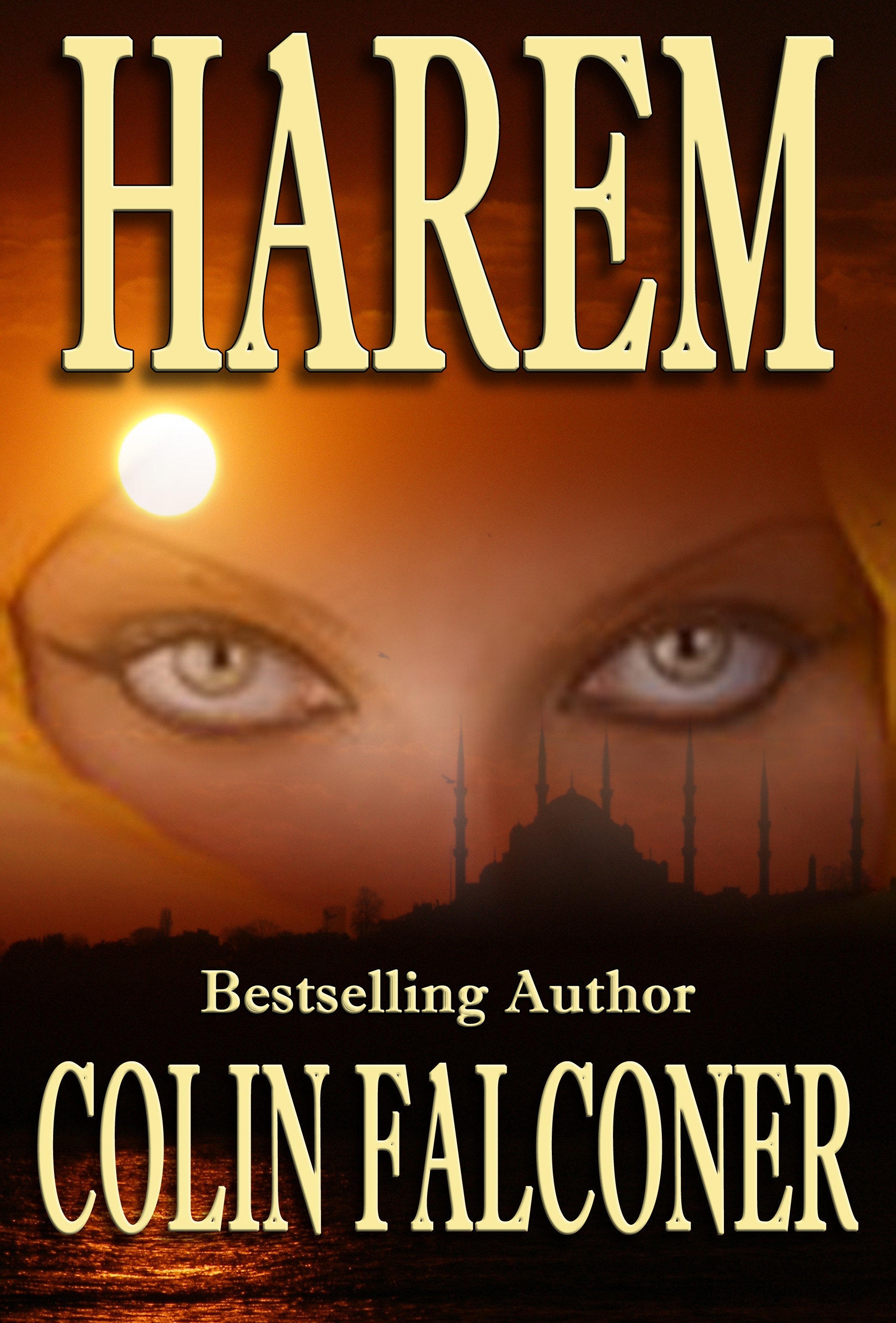


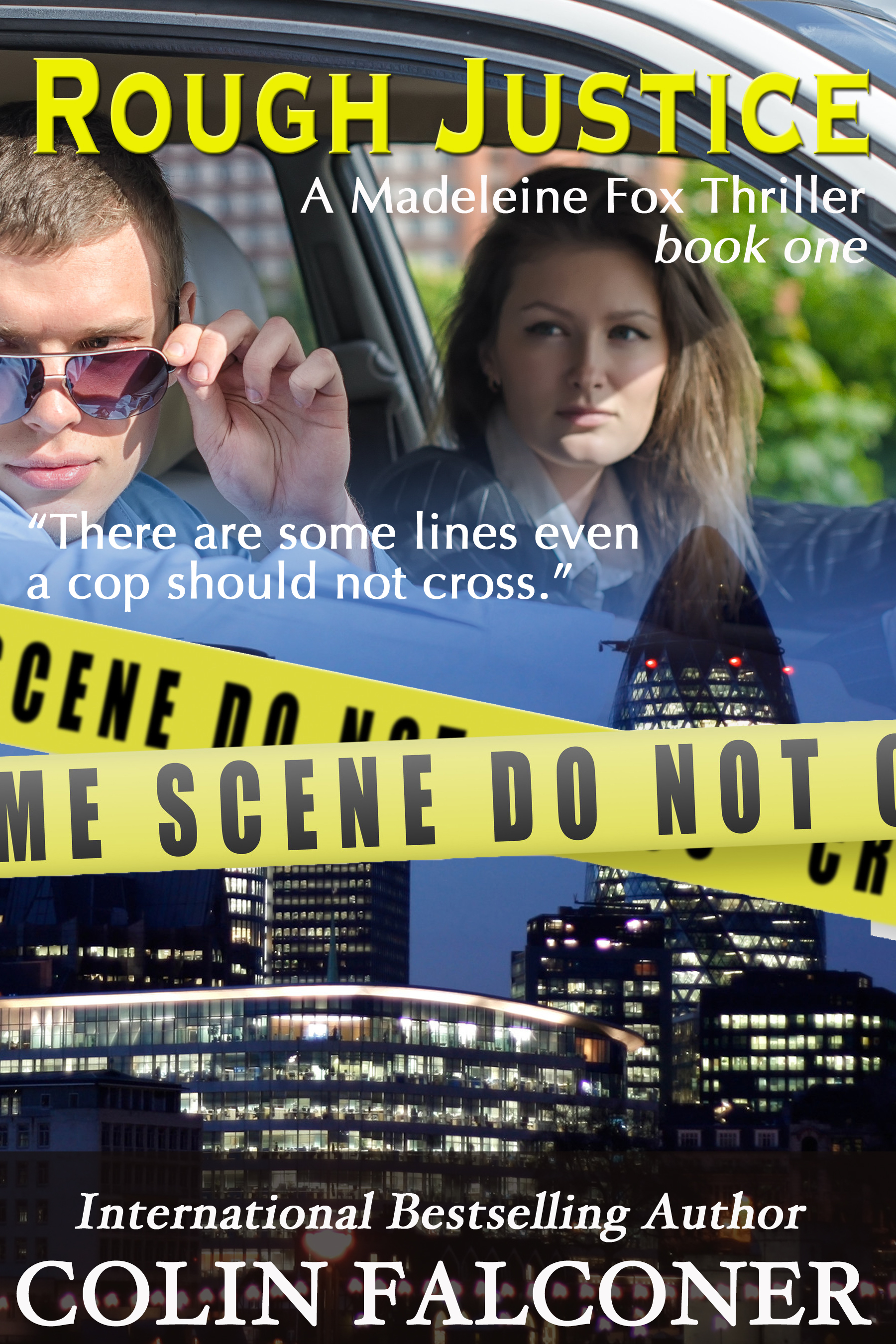
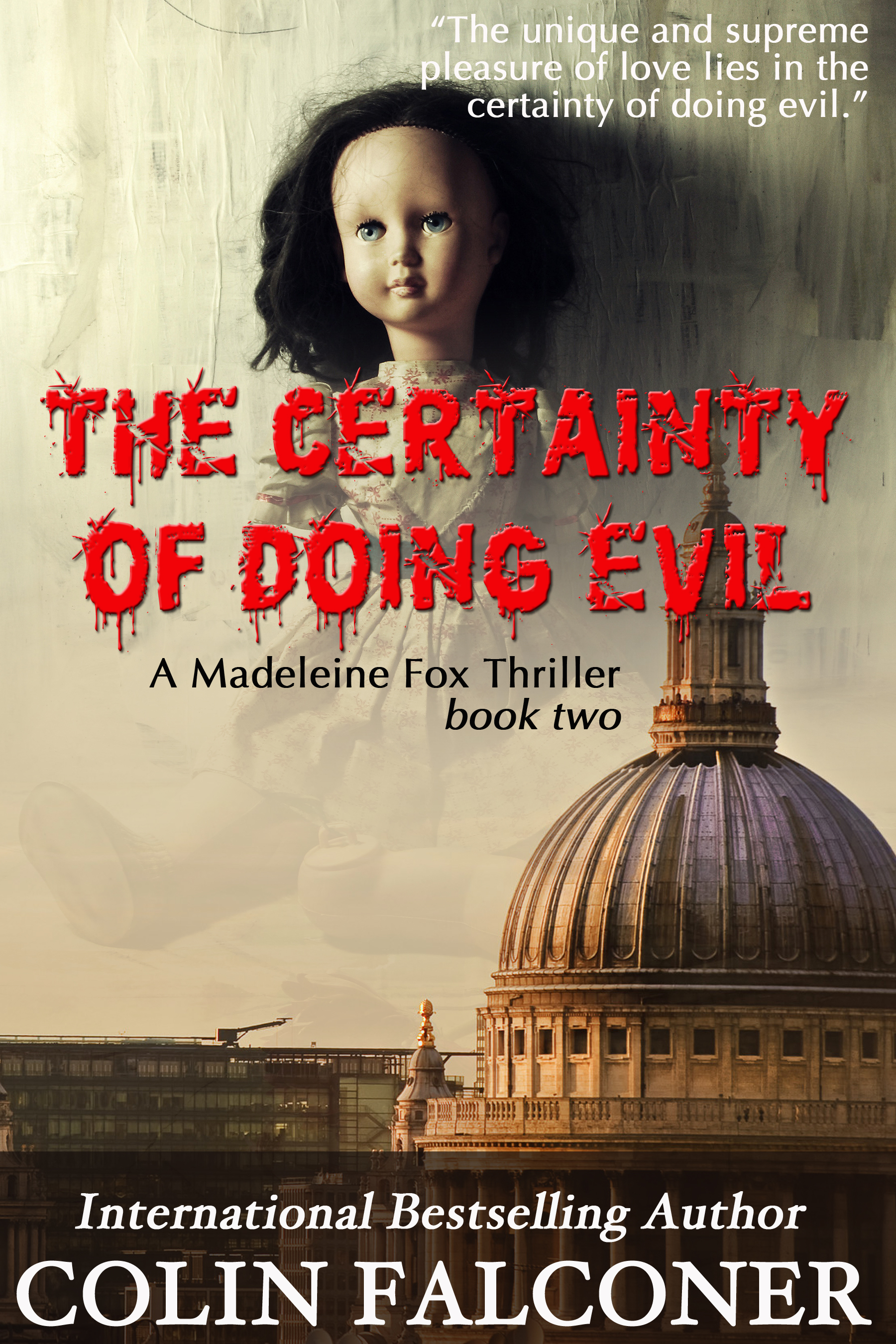
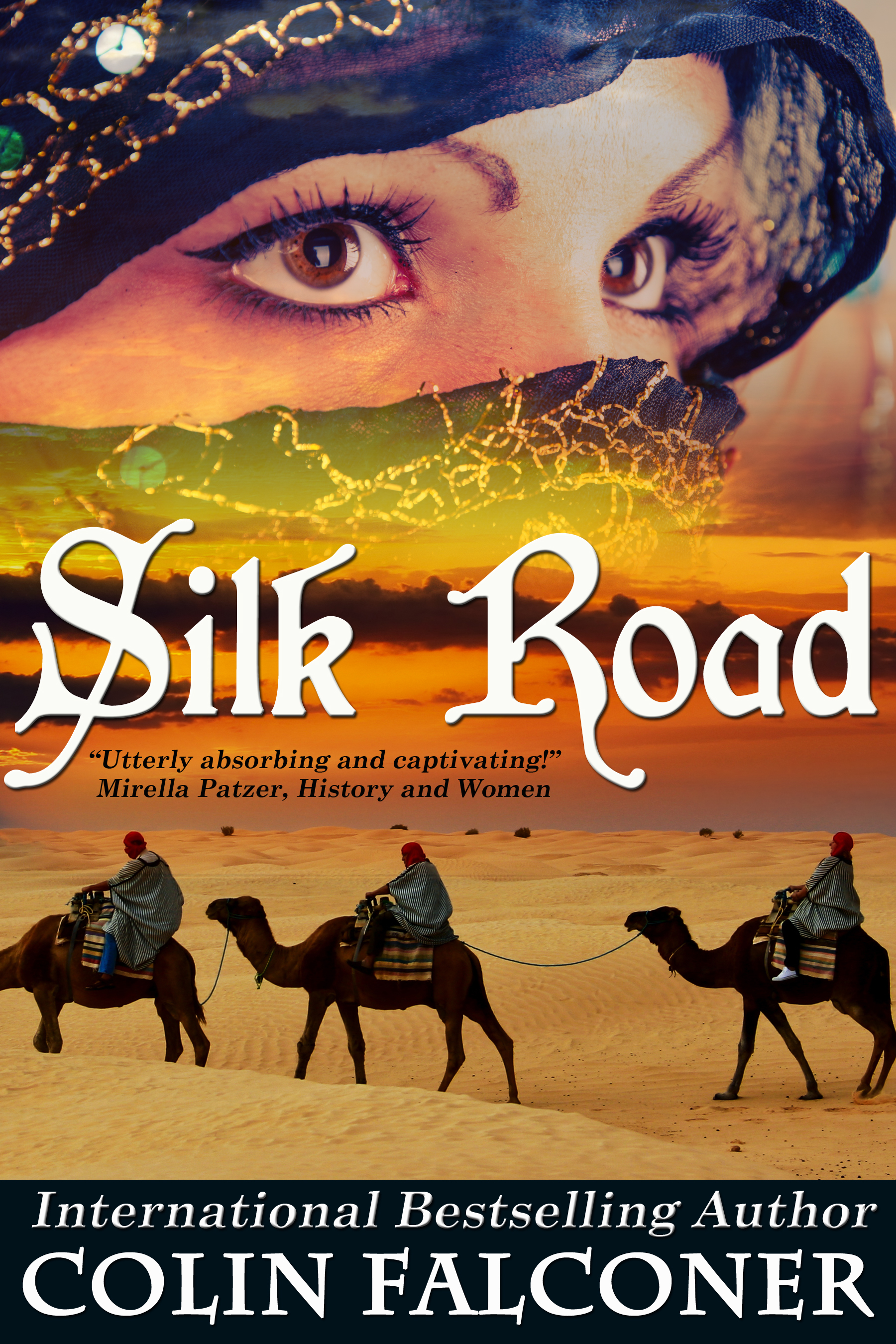
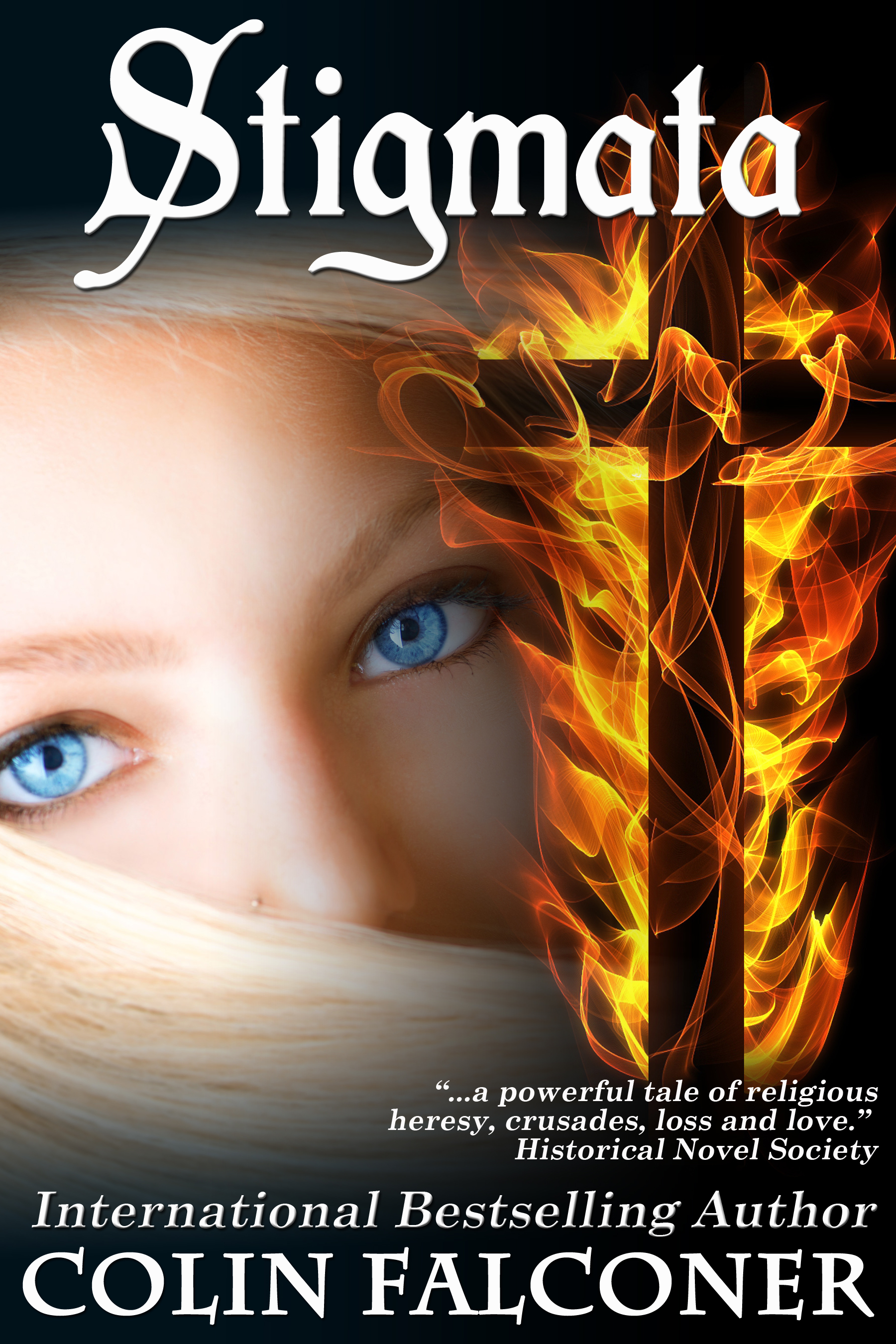
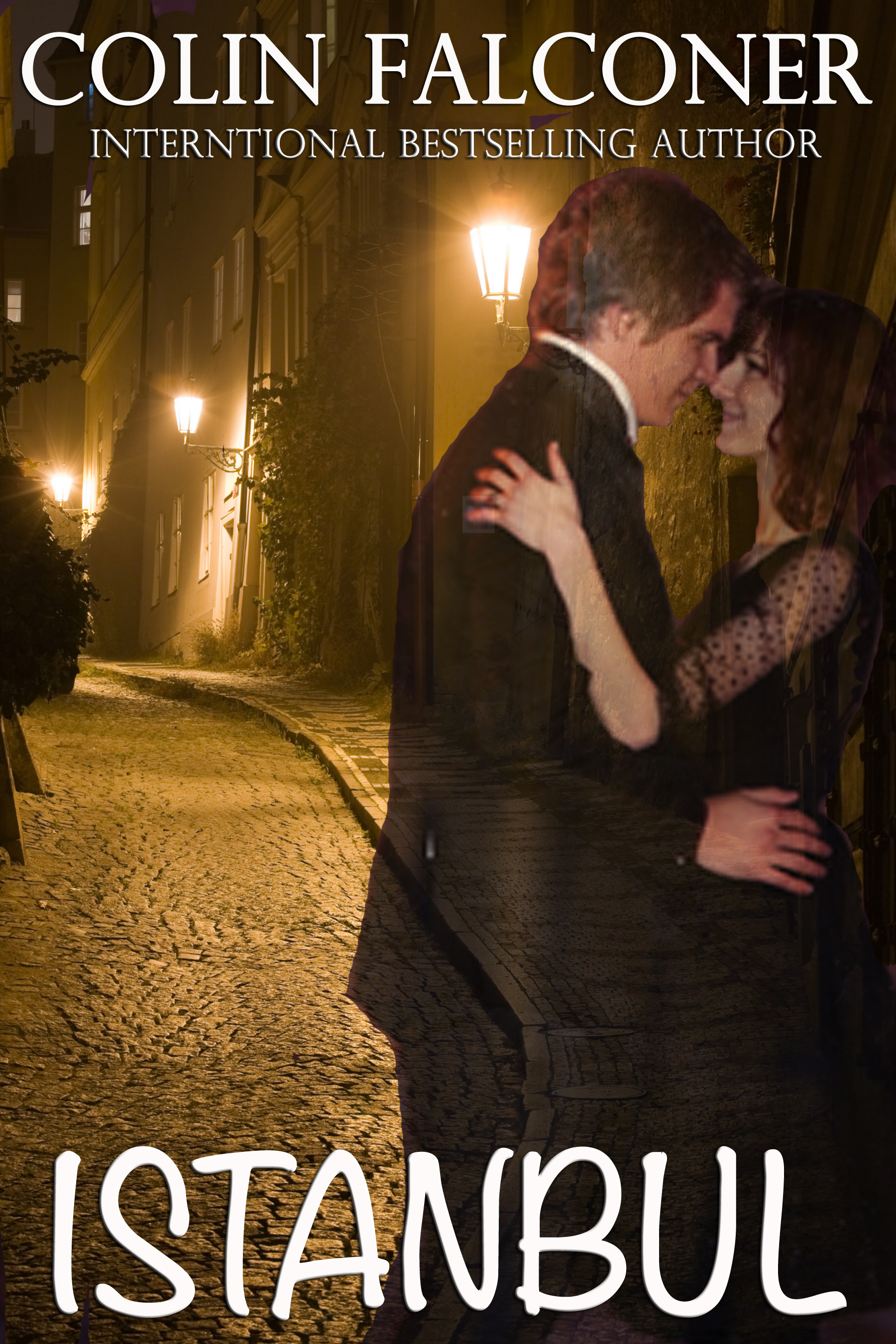

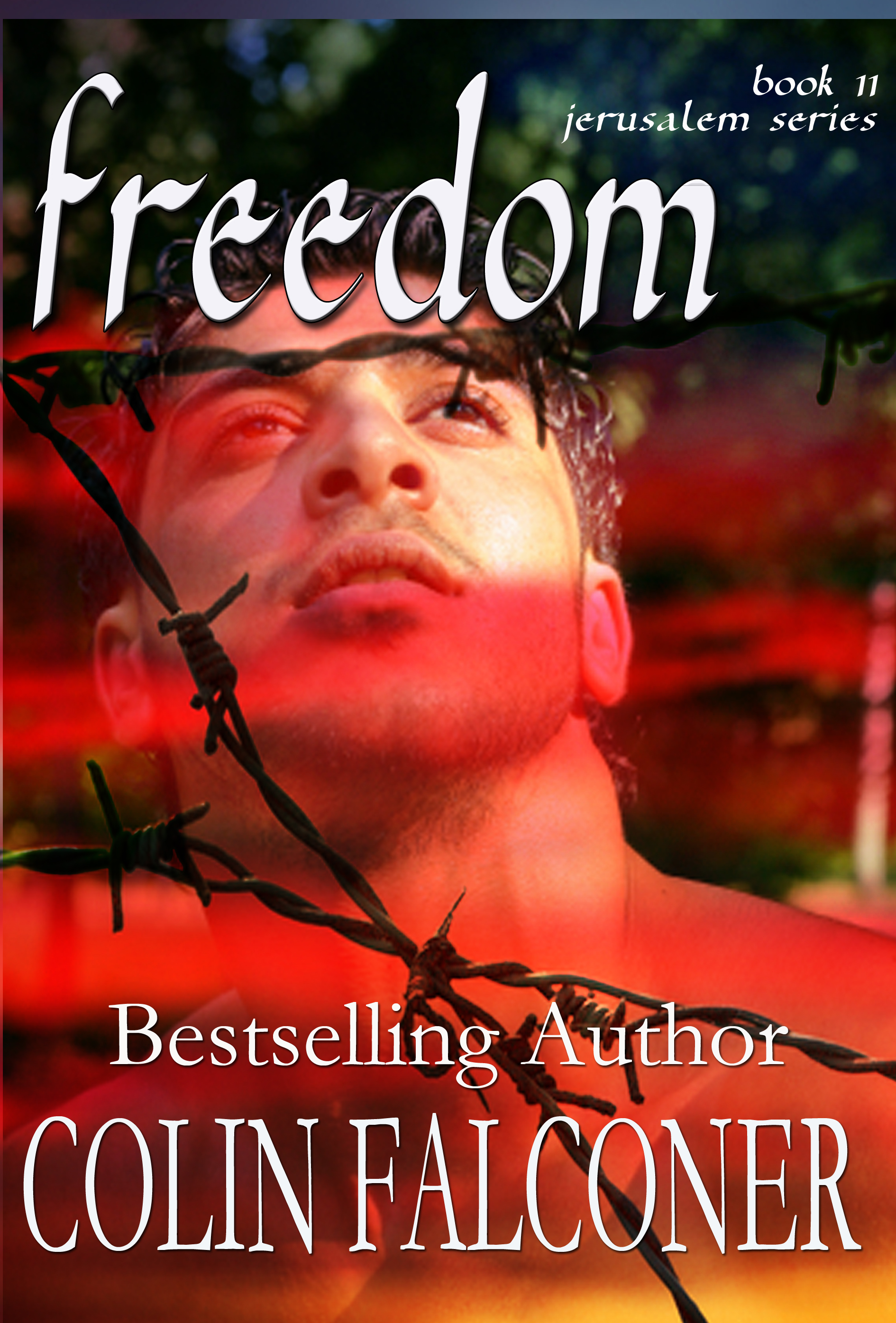


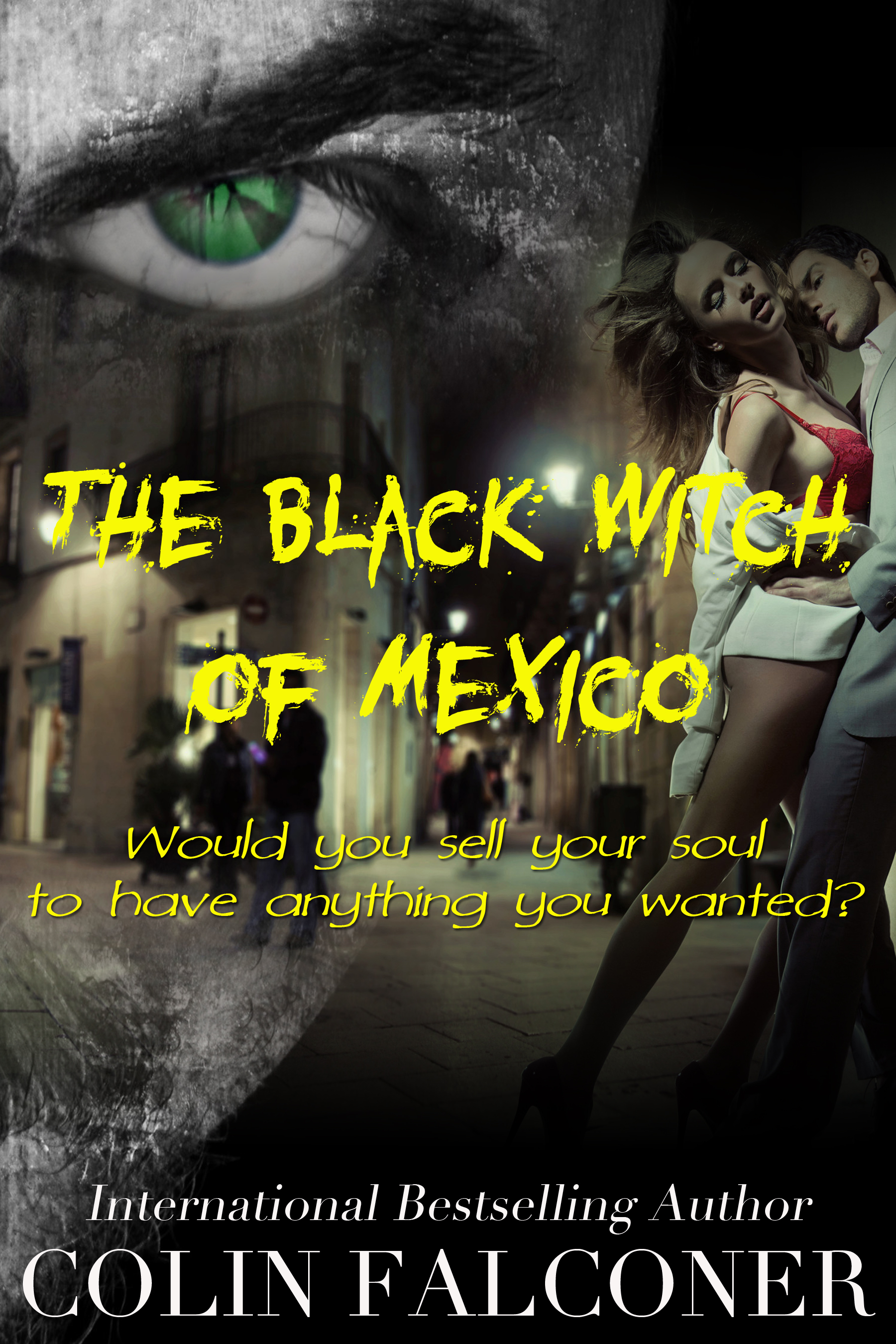

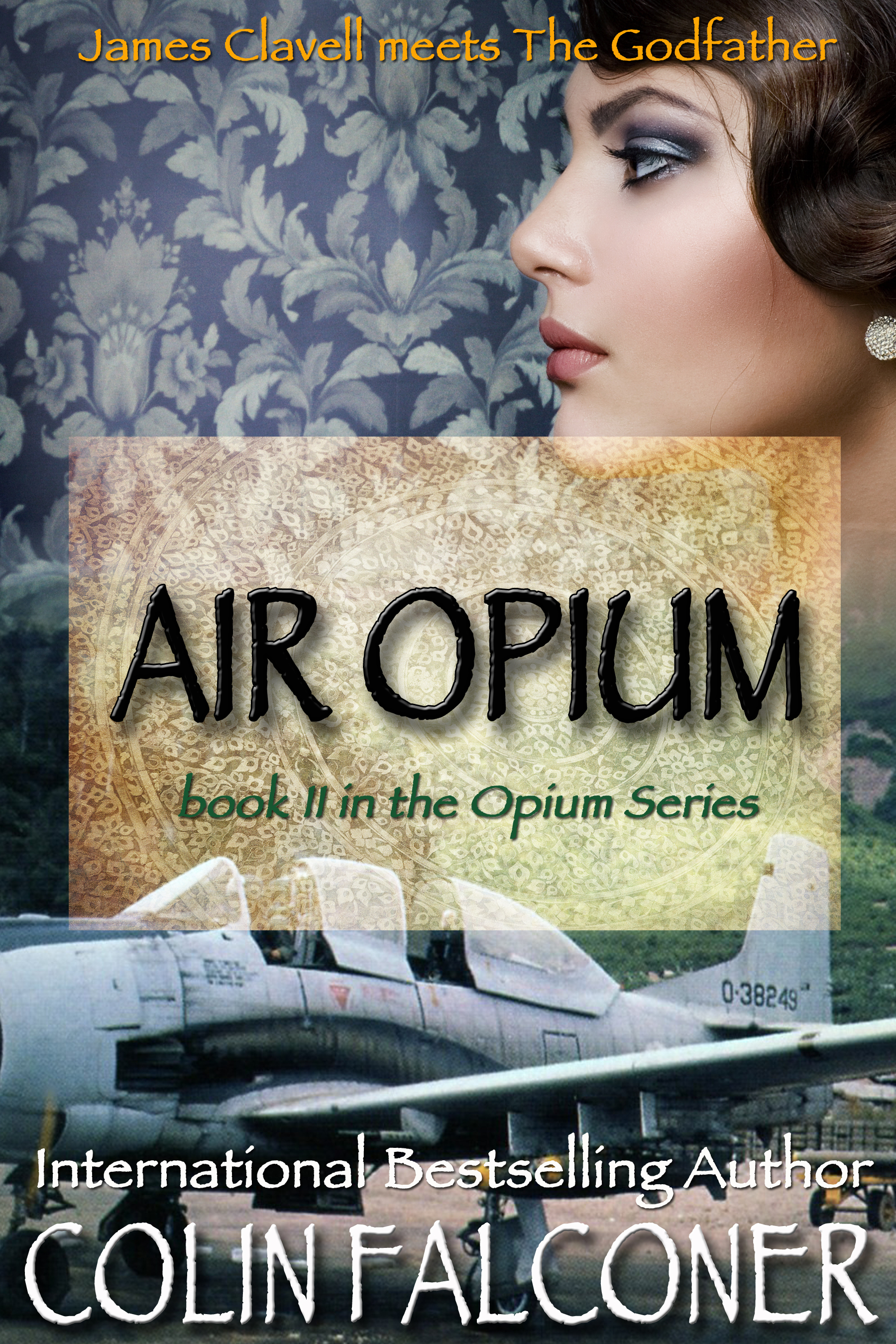
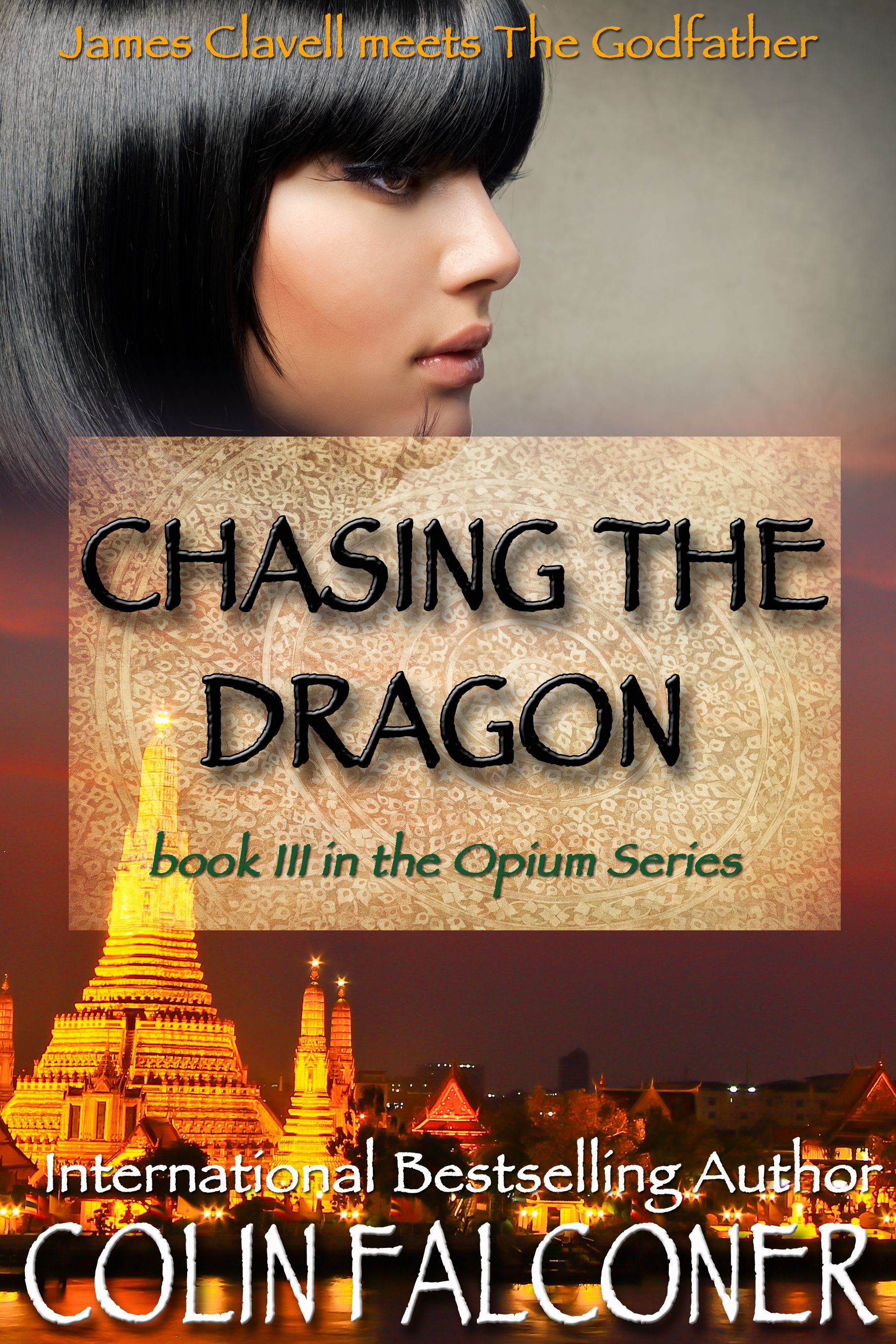
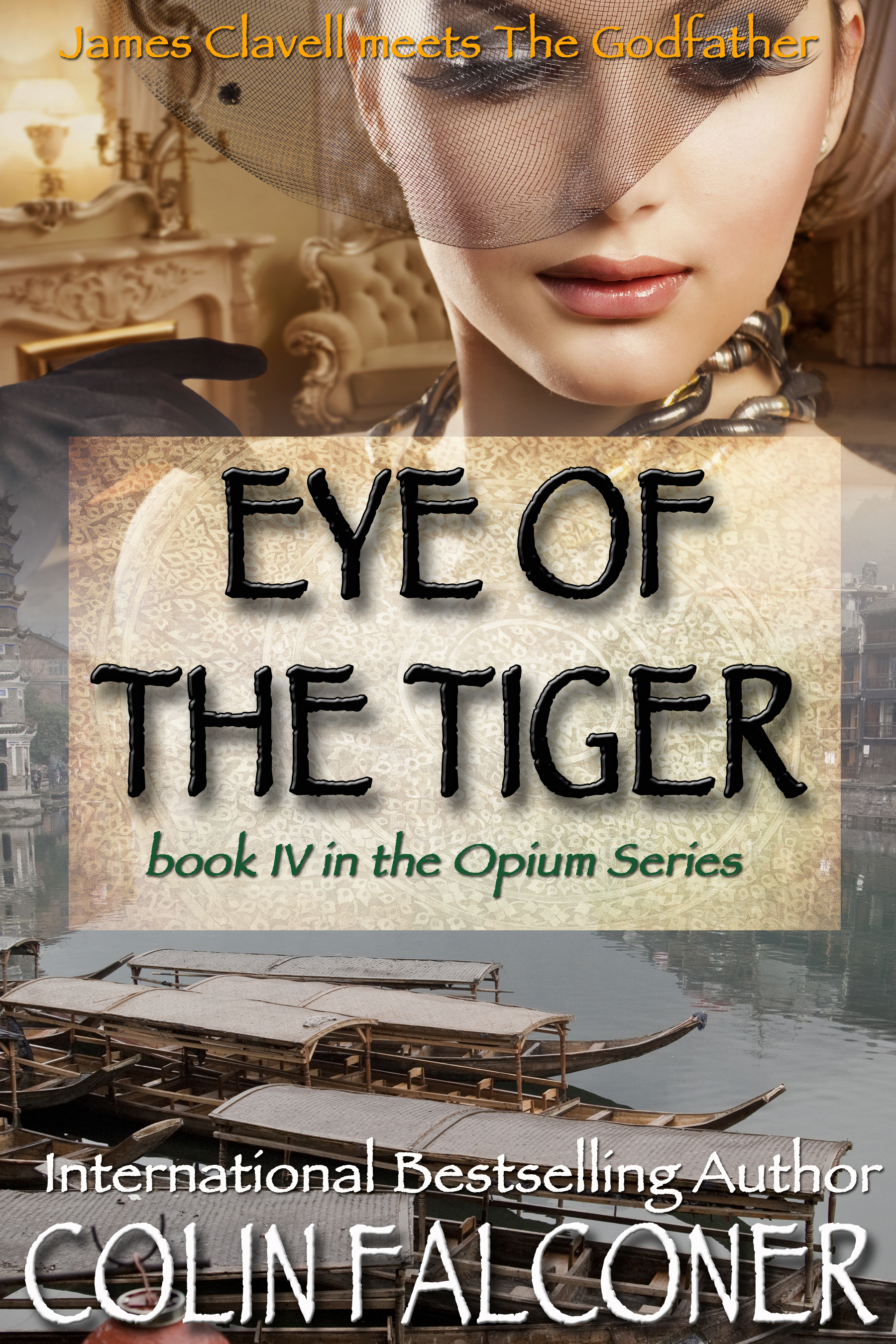
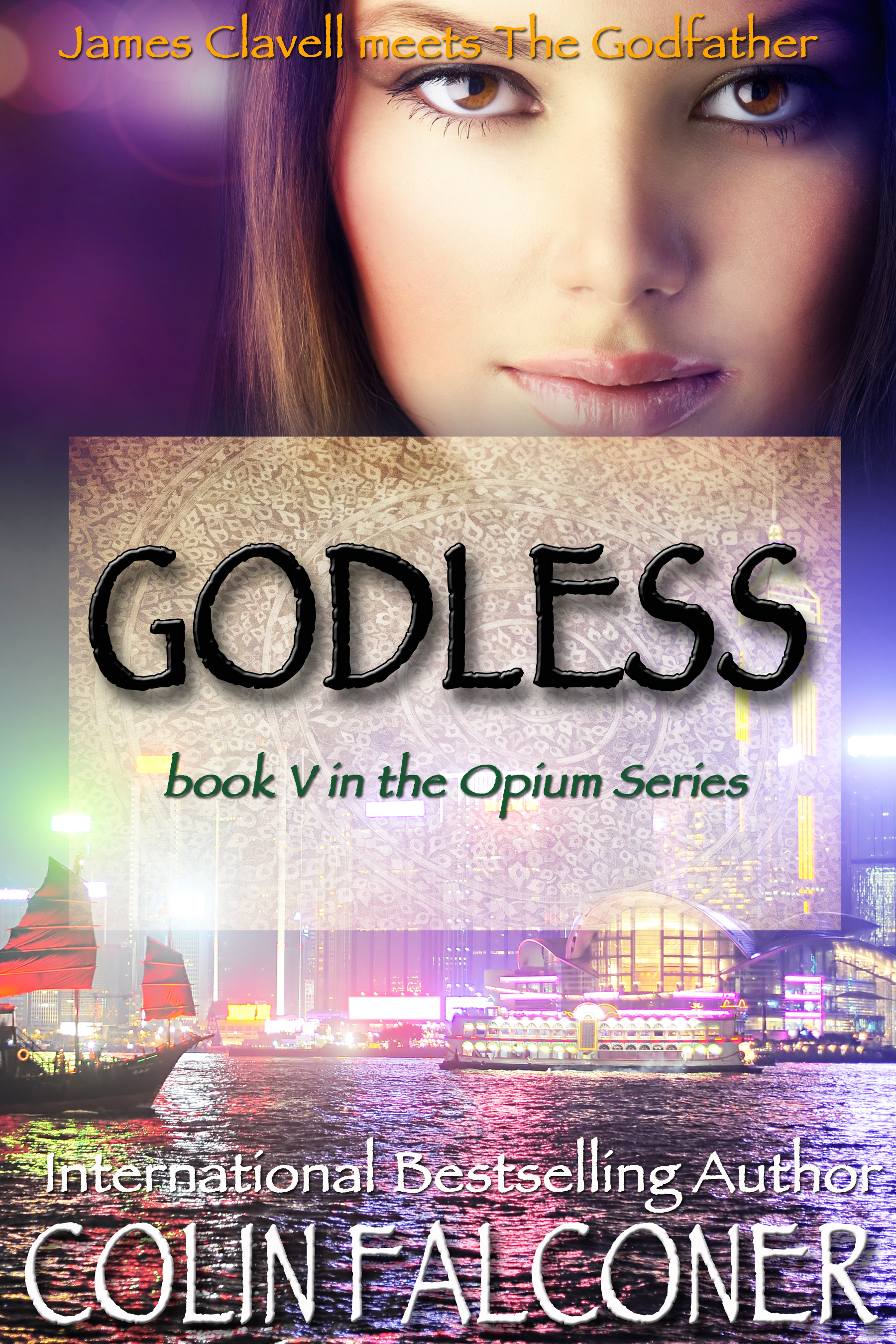
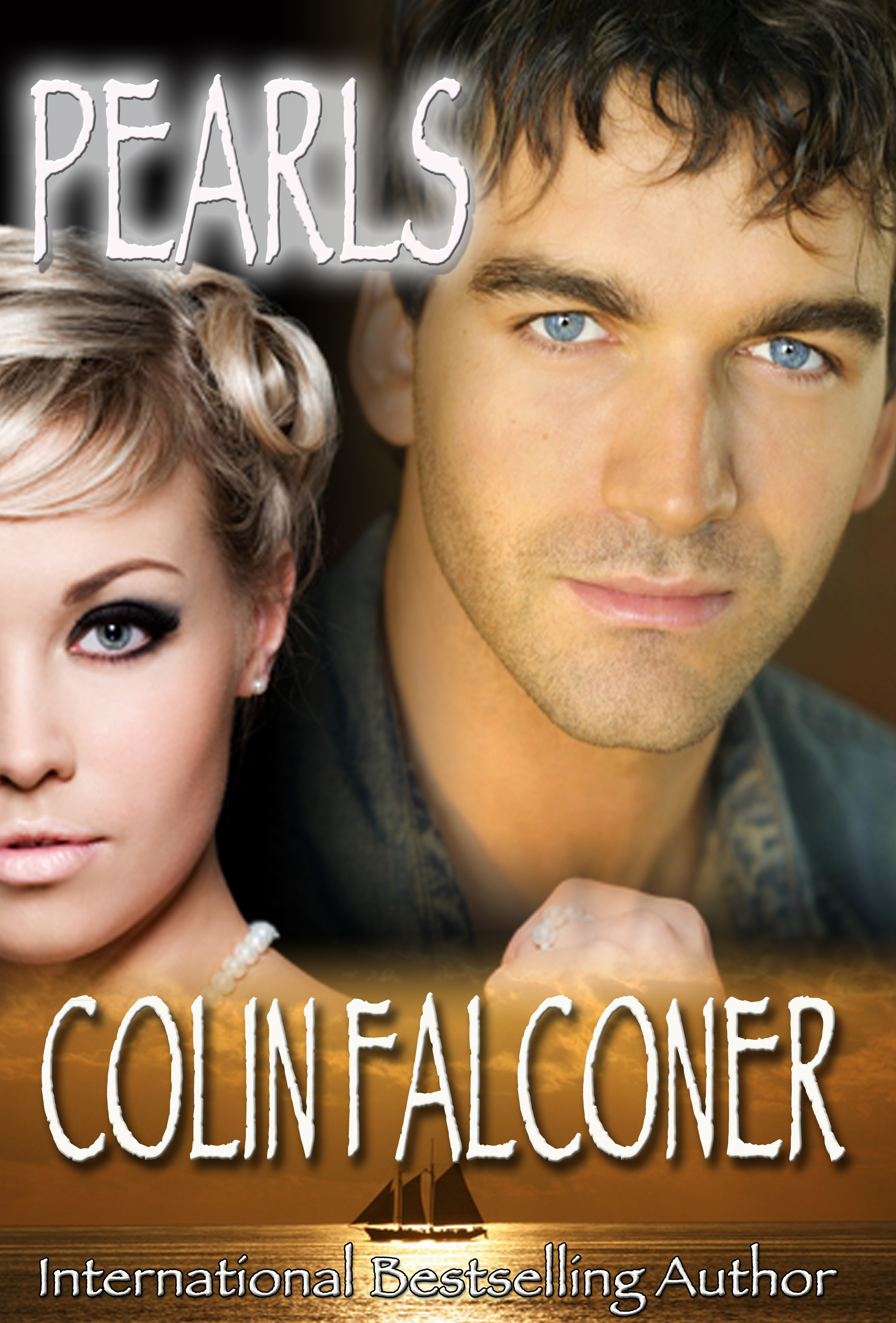

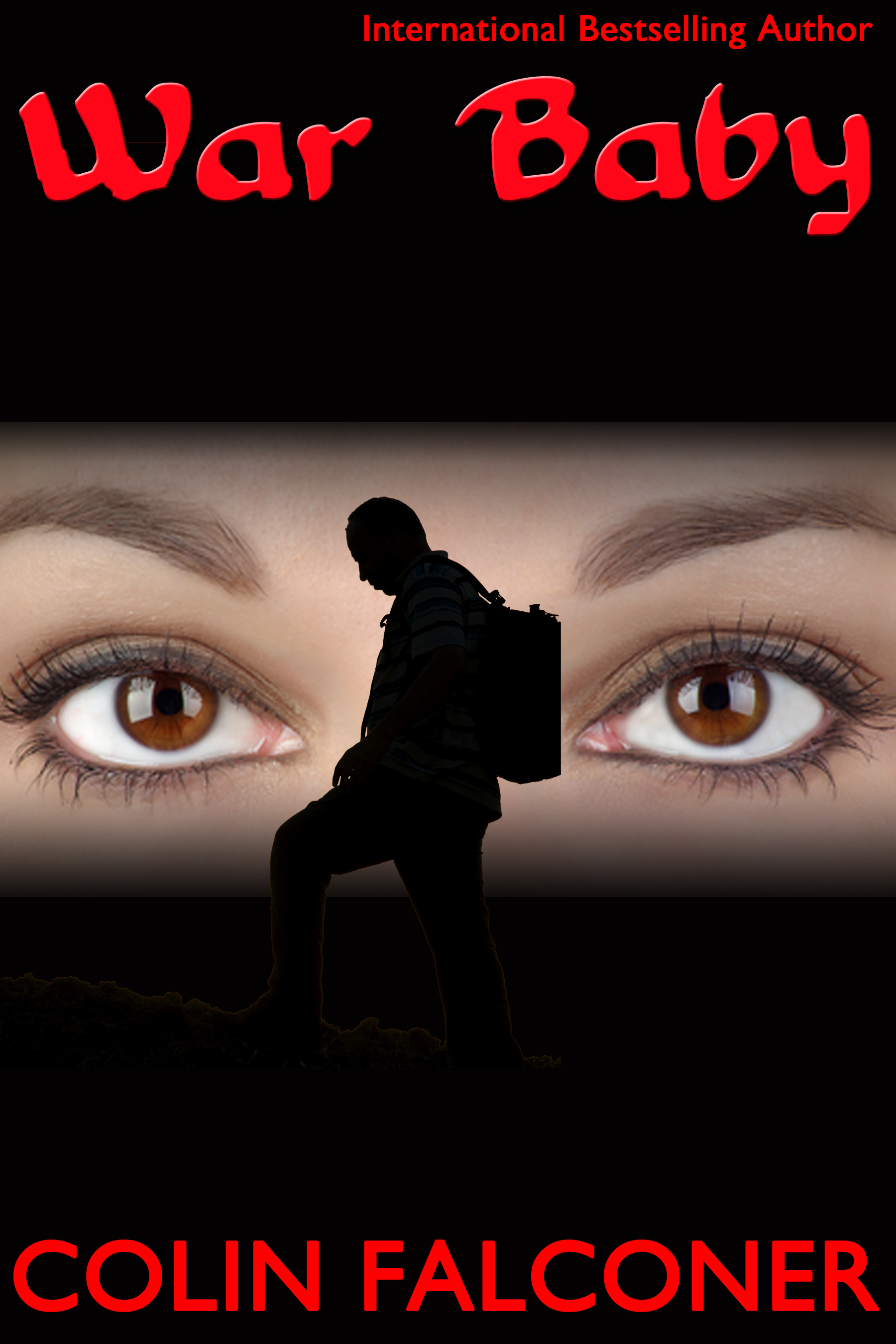

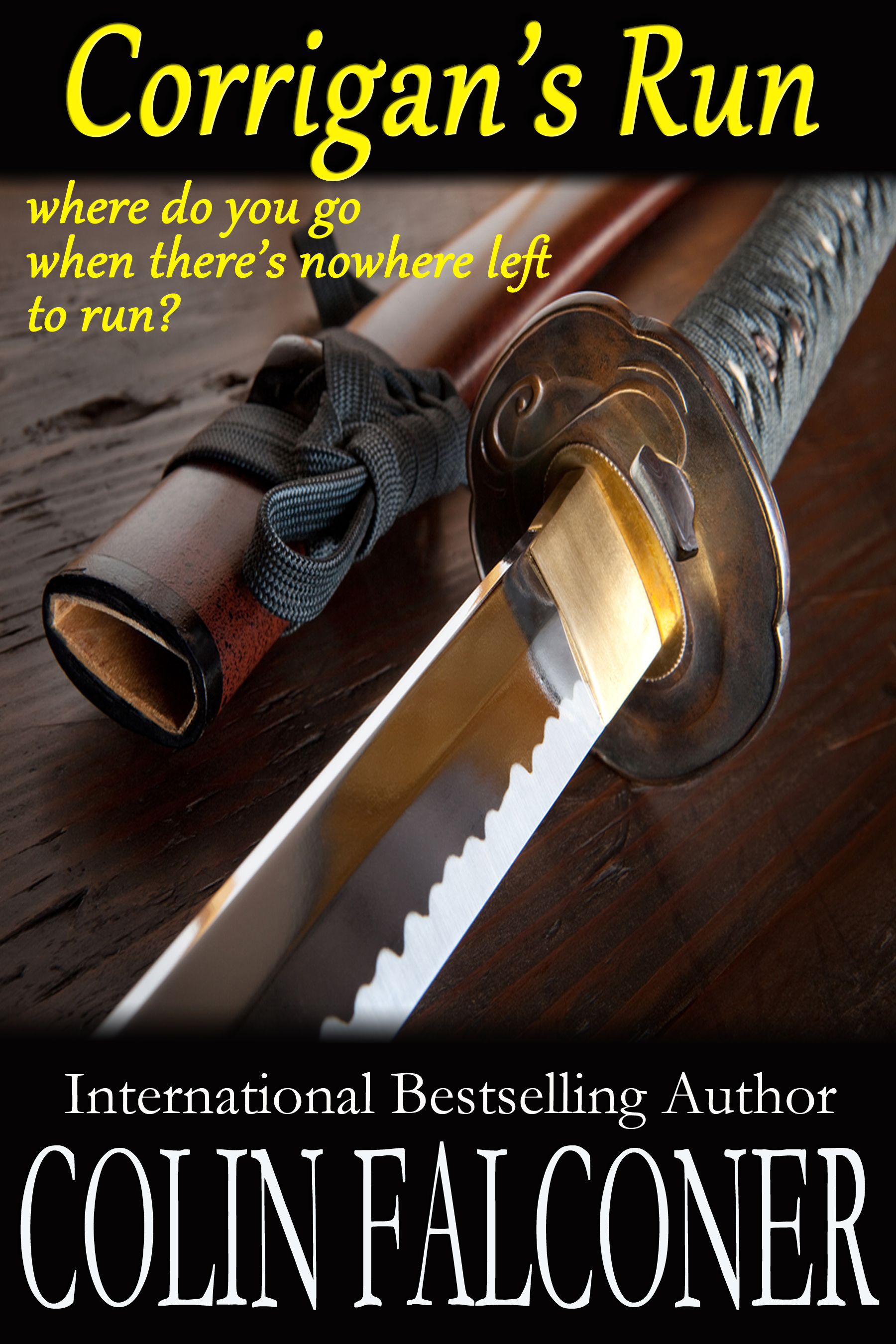
waiting for my copy to arrive amazing art work on the cover
Thanks Margaret. I thought it was fantastic, too. Jen Talty at CoolGus designed it. She’s spectacularly good, isn’t she? Hope you enjoy the book!
Awesome as always, Colin. I’d like to see what you would do with Black Agnes Dunbar.
I’d never heard of Agnes before you mentioned her, Prudence. Just looked her up. Some tough lady!
your blog illustrates one of the biggest irritants of my life, which is the way American belief systems (and perhaps other peoples’ belief systems, I’m just not sure about the rest of the world) travel in collective, politically correct, black and white herds. There are good guys and bad guys.
One example is the situation between the settlers and the tribes and poor Thomas Jefferson and his slave mistress.
But most events and most peoples are mixtures of good and bad and everybody had a point of view.
We like to look down, to be morally superior, without putting ourselves in the place of those who have gone before us and tried to understand why they did the things they did.
Situations look differently depending on who you are, where you came from, what your culture believes and how much information you have.
Moral superiority is repugnant, especially since most people living now would have done the same things their ancestors did, in the same situations.
I agree with this, Julia, times change and so do moral values. Everyone has a point of view - absolutely. As a novelist I find ethical dilemmas far more interesting than moral certainty - as I’m sure you do. What fascinated me the most about the ISABELLA story was that the story was so timeless - and that when we stop looking for a good guy and a bad guy a whole different perspective emerges. Much more intriguing.
Colin, I read your fine book and reviewed, check Amazon. I really enjoyed it. You made me feel I was there and made me understand the choices involved.